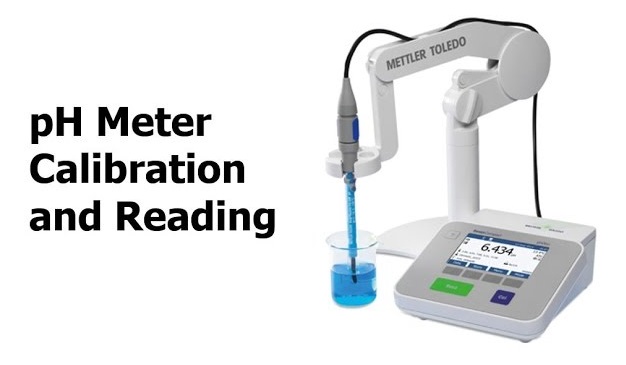PH Calibration Solutions: Choosing the Right Ones for Optimal Results

pH calibration solutions are a vital component in measuring pH levels accurately. They are used to calibrate pH meters, which are popularly used in a wide range of applications, including industrial, pharmaceutical, and scientific research. Calibration solutions are used to adjust the pH meter to measure the pH of the sample being tested accurately. Choosing the right PH calibration solution is essential to obtain optimal results. In this article, we will discuss the different types of pH calibration solutions available, the factors to consider when choosing one, and the top recommended solutions. Types of pH Calibration Solutions A. Buffer Solutions Buffer solutions are the most commonly used pH calibration solutions. These solutions are made up of a weak acid and its corresponding base, which maintain a stable pH when mixed. They are used to adjust the pH meter to specific values, making them ideal for calibrating pH meters before use. Examples of commonl...

